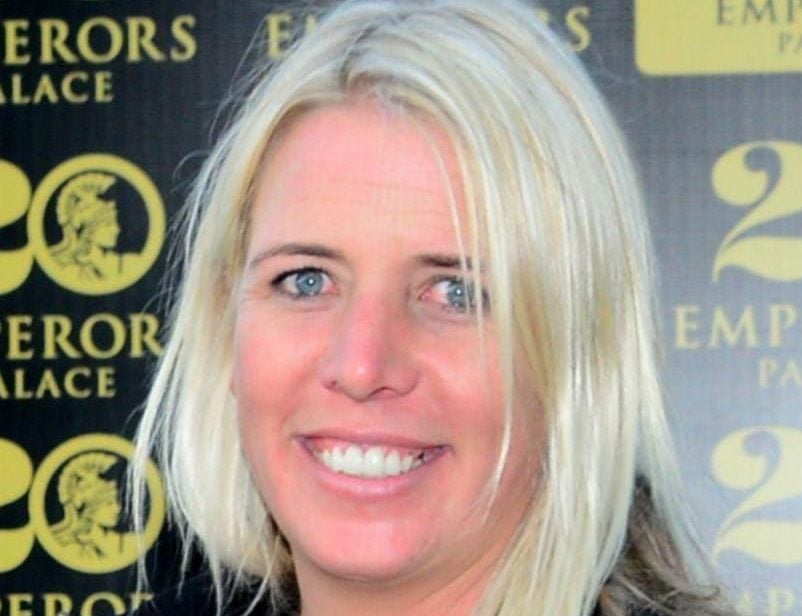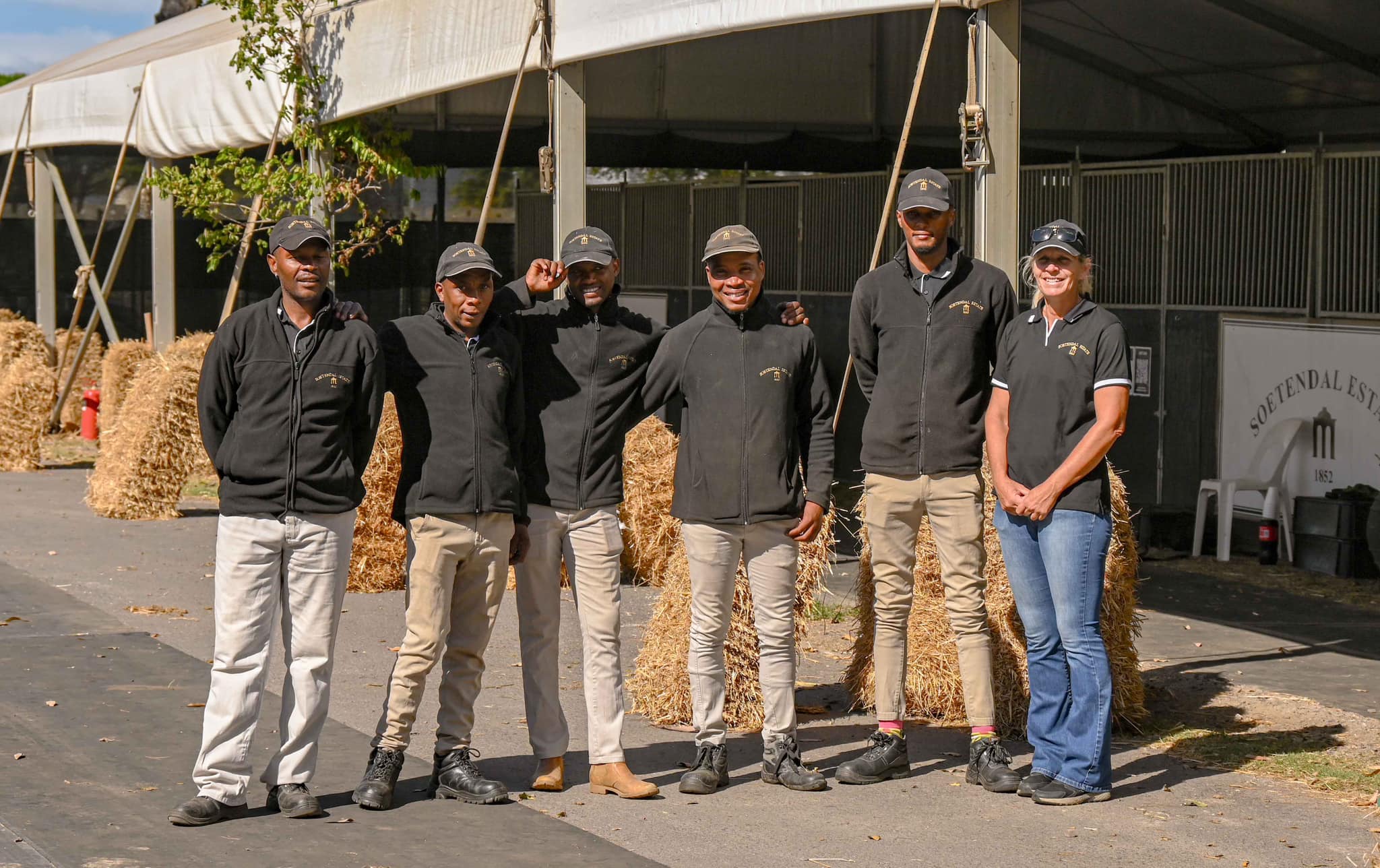Regarding Tony Mincione’s letter which asked why there should be a connection between a bookmakers business and the contribution towards owner’s costs (which amounts to the returns to racing because the costs of racing have to be met before stakes can be proffered).
Bookmakers currently have no obligation to pay the operators more than 3% of winning bets.
However, racing finds itself in an unsustainable position with the owner base continually diminishing due to the increasing costs and decreasing stakes.
Horseracing provides 16,000 direct jobs and 100,000 more jobs in the related upstream and downstream industries.
It also generates plenty of tax money.
It is therefore a sport that the government would surely be interested in sustaining.
Punters pay for racing’s costs.
The turnover figures are still being debated but one set states that the operators do 58% of the turnover and the bookmakers 42%.
However, the operators provide 86% of the return to racing compared to the bookmaker’s 14%.
The recent gambling review noted this and recognised that the playing fields needed to be levelled.
The operators have consequently asked the government for support in this matter and for regulations that could help them recover the costs of their intellectual property more effectively, as unlike other sports like football, rugby and cricket, television demands do not cover the costs of the sport.
Ladbrokes.co.za, shortly after opening in South Africa, have shown their willingness to support the sustainability of horseracing and the operators have immediately embraced them.
Ladbrokes.co.za have announced their sponsorship of the Gold Cup and have also agreed to co-operate with the operators by not offering the controversial “open bet” to their clients (they are not the only bookmaker who have decided not to offer this bet).
This proves that the operators and bookmakers need not be at loggerheads.
To sum up, in my opinion the difference between Mincione’s analogy (of bookmakers being obliged to pay the local Godfather) and reality is that most businesses would celebrate if the so-called Godfather left a region, while bookmakers would suffer if the operators closed their doors as racing would surely cease to be.
Therefore, it might also be in bookmakers own interests to return more to racing.
Regarding the Tote being allowed to operate as a monopoly, it has been proved worldwide that the more integrated the racing model the greater the financial success whereas fragmented models have proved disastrous.
I presume the reasons would be that one large betting pool is always going to be more attractive to punters and even if there was co-mingling between various operating Tote companies the returns to racing would not be automatic, but would rather have to be collected from various sources.
– David Thiselton








